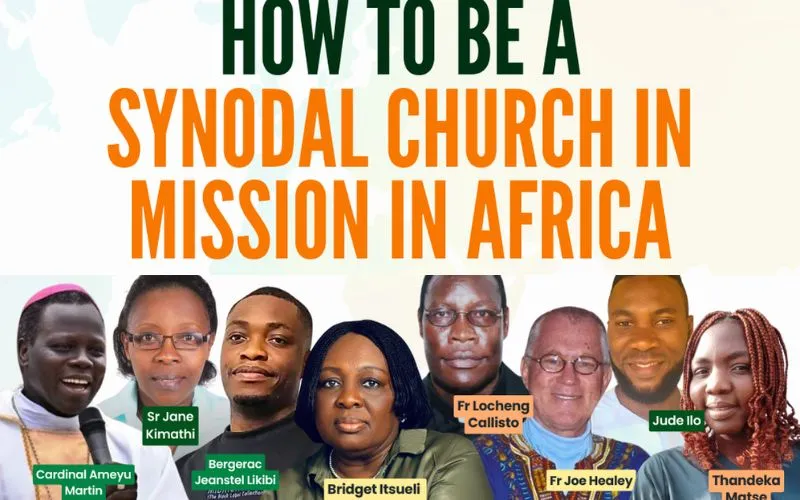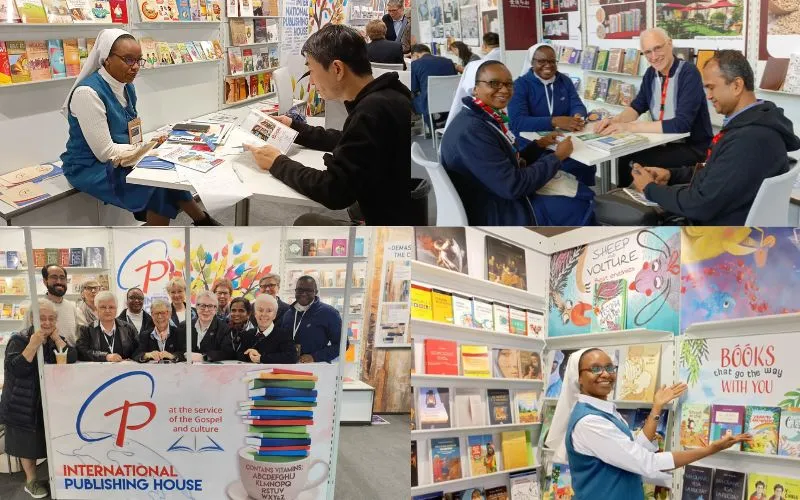Nairobi, 11 July, 2024 / 10:55 am (ACI Africa).
There is need for the Church in Africa to foster interactions between the young and the not-so young people in the spirit of the multi-year ongoing Synod on Synodality, which Pope Francis extended to 2024, with the first phase, 4-29 October 2023, having concluded with a 42-page summary report.
In their presentations during an online conversation that seeks to deepen the understanding of the 42-page Synthesis Report ahead of the 2-29 October 2024 session in Rome, Thandeka Matse from Eswatini and Bergerac Likibi Jeanstel from Congo Brazzaville highlighted strategies that could help the Synodal process satisfy the hunger of African youth for God.
The Church, Thandeka said, “should foster intergenerational dialogue; the elders and young people conversing together is important.”
“This dialogue will help the old generation to share their wisdom with the young people and also the elders learn from the young people and hear their concerns,” she added during the July 5 virtual conversation that the Pan-African Catholic Theology and Pastoral Network (PACTPAN) organized in collaboration with the Conference of Major Superiors of Africa and Madagascar (COMSAM).
The native of Eswatini urged young people to share their faith experiences, saying, “The church needs the enthusiasm, intuitions, and the faith of young people. I would love to encourage young people to feel free and practice their spirituality and never feel discouraged to voice their concerns.”





